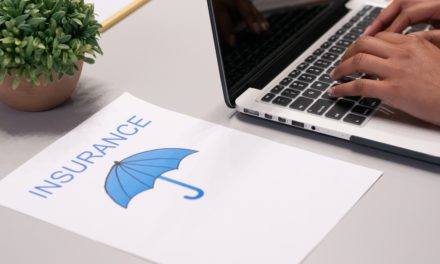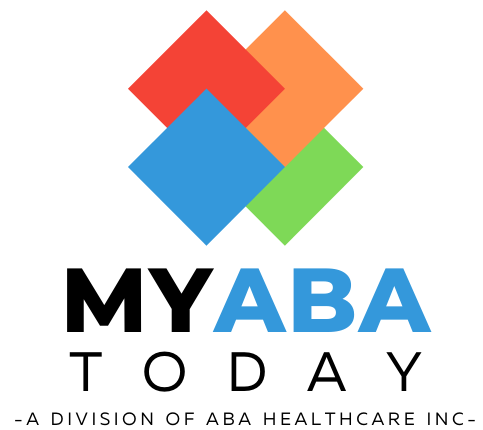I have been fortunate enough over the past eight months to see bSci21.org grow into one of the most popular ABA sites in the world. The past months have been an exciting roller coaster ride of content generation, team building, marketing, and strategic planning. And it all started by submitting a piece of paper at the courthouse to register a business…which is actually very easy to do.
Over the months, I’ve learned a few things about entrepreneurship and decided to start the ABA Entrepreneurship Series — a collection of articles discussing entrepreneurship and business ownership from the standpoint of behavior analysis. This article is the first in the series, and the topic is the sole proprietorship.
According to the Small Business Association, a sole proprietorship is the most common business structure, and for good reason — it is the easiest to start. With a sole proprietorship, you are synonymous with your business. In fact, if you want to do business simply under the name your parents gave you (e.g., as an author), you don’t have to do anything to start the business. The Small Business Association notes “you may already own one without knowing it.” Just remember, you must still obtain relevant licenses and permits related to your particular industry.
However, many people want a name for their company other than their given name. This process might vary slightly across states, but in Texas, the process is very simple. Just go to your county courthouse and fill out a “Doing Business As” form. This is a single piece of paper that requires your business name and the contact information of the owner (you, in this case). Oh, and I paid about 23 dollars to the County Clerk. That’s it. You have a business.
For tax purposes, you will need to obtain an Employer Identification Number from the IRS website and a Sales and Use Tax Permit. If you live in Texas, you can get the latter from the state Comptroller’s Office, and I’m sure your state has something similar. Even though these things might have scary names, it really is a piece of cake. Every quarter, you file your sales taxes (again, really easy), and every year, you report your business income and deduct business expenses, when you file your regular taxes.
A sole proprietor has maximum flexibility and minimal red tape in business decisions. However, flexibility comes at a cost. A sole proprietorship is not a separate legal entity, like a Limited Liability Company (LLC) or a Corporation. This means you, the sole proprietor, are fully liable for any lawsuits and debts against the company because, legally, you are the company. If the company cannot pay its debts, creditors can go after your personal finances. If the company is sued, you are sued and you are personally responsible for any judgments.
As scary as that sounds, sole proprietorships are still the most popular. Sole proprietorships can be good to “test the waters” with your business idea to see if it gains any traction. Also, many business advisors will tell you that unless you are doing something that, at face value, would carry a lot of liability (e.g., providing ABA services to children), that the sole proprietorship is a good way to go. After a few months, if your company is generating revenue, you can incorporate it if wanted.
When one thinks of starting a business in ABA, the most common assumption is that it will be a company providing autism services to children. Given the liability inherent in a service provider company, a sole proprietorship would not be the optimal structure. Many providers are structured as LLCs to offer protection against their personal finances, but that will be a topic for another day.
If the idea of creating a business excites you, consider structuring it as a sole proprietorship in the beginning and see if it takes off. The following tips may help:
- ABA relates to everything! You would be hard-pressed to find something in this world unrelated to behavior. That’s the great thing about ABA! You have to narrow it down though. I recommend sitting at a computer and brainstorming the things that you are really good at…all of those things relate to behavior. You can harness your talents and channel them into a business.
- Think outside the box. Providing ABA services is the default business option. However, there will come a time when the autism market slows. Moreover, ABA is not synonymous with “ABA therapy.” Your business could explicitly link to behavior analysis, for example, by writing a science blog, selling custom ABA apparel (super easy via dropshipping), or making BACB-approved Continuing Education activities. Or your business could be “ABA-based” without providing an “ABA service” such as building a community garden that utilizes ABA principles of performance management to increase citizen participation.
- The Internet is the great equalizer. Whatever you do, your web presence is crucial. Like it or not, in 2015 our lives revolve around the Internet. Websites are super easy to create today. I personally recommend WordPress, which has a free version (wordpress.com) and a paid version (wordpress.org). You will need to host your site with a hosting service like GoDaddy, which seamlessly integrates with WordPress. The site you are on now uses the paid version of WordPress, which comes with all the free plugins you could ever want. No software to download, no programming required.
- The more you think, the less you do. As behavior analysts, we know we learn more by doing — by having our behavior shaped by the direct consequences of our actions. By doing so, you will find yourself in situations that you wouldn’t otherwise, meet people that you wouldn’t before, and open new doors that you previously wouldn’t have even seen.
I hope this lights a spark for you. I have found nothing else in this world quite as reinforcing as entrepreneurship success. Yes, it requires work, but when it’s your own business it’s not really “work” and you can manage growth smartly. Yes, it requires risk, but you can take calculated risks. If you have ever dreamed of starting a business, just do it. There is some small step you can take today that will get you closer to that dream. If you need business advice for your specific situation, you can do as I did and visit your county Small Business Development Center which provides free consulting advice. You can also soak up all of the wonderful articles at Entrepreneur.com which covers everything you could possibly think of related to starting and running your own business.
If you are an existing ABA entrepreneur, we would love to hear your experiences in the comments below!










